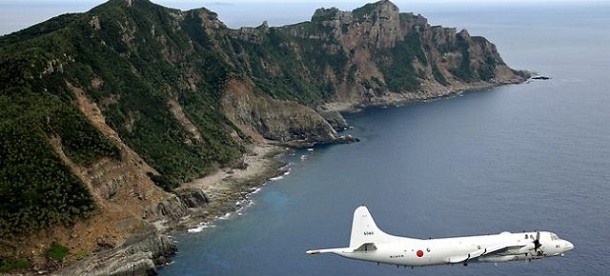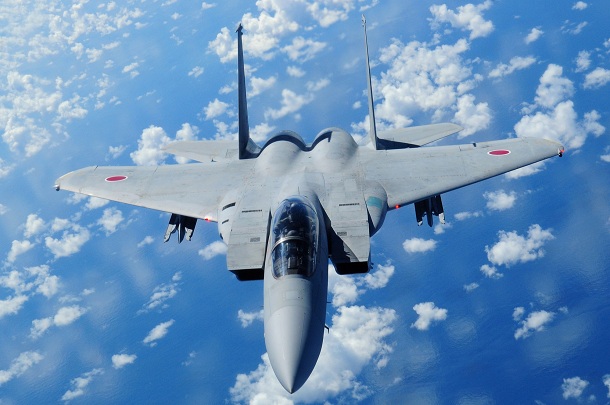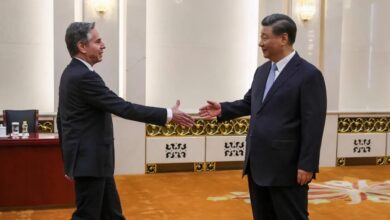Grew stronger the winds of war in the Far East, Japan Ministry of Defense, has changed the rules of engagement, airspace, airplanes warning China presents an overview of the opening of the fire.
Chinese surveillance planes flew near the islands four times in the second half of December, according to Chinese state media, but were chased away each time by Japanese F-15 fighter jets, with neither side showing signs of backing down.
Soon after becoming Prime Minister Shinzo Abe, who has placed priority on countering the Chinese threat over the islands, ordered a review of Japan’s 2011-16 mid-term defence programme, apparently to speed up the acquisition of between one and three US drones.
China too had late last month announced that the People’s Liberation Army was preparing to test-fly a domestically developed drone, which analysts said is likely a clone of the US’s carrier-based X-47B.
China unveiled eight new models in November at an annual air show on the southern coastal city Zhuhai, photographs of which appeared prominently in the state-owned press.
The need for Japan to improve its surveillance capability was underlined late last year when Japanese radar failed to pick up a low-flying Chinese aircraft as it flew over the islands.
The Kyodo news agency quoted an unnamed defence ministry official as saying that the drones would be used ‘to counter China’s growing assertiveness at sea, especially when it comes to the Senkaku islands’, the report added.
US Secretary of State Hillary Clinton has urged Japan and China to resolve their islands dispute calmly through dialogue.
In a telephone conversation with Foreign Minister Fumio Kishida, Hillary ‘encouraged that the dispute over Senkaku Islands must be solved through dialogue and calm on all sides’, State Department spokeswoman Victoria Nuland said.
Nuland said that Hillary also reiterated the US stance on the dispute, the Japan Times reports.
The United States said it does not take a position on the sovereignty of the Japan-controlled islets in the East China Sea, but has stated they are covered by the Japan-US security alliance under which Washington would defend Japan in the event of an armed attack.
According to the report, Hillary’s remarks in her talks with Kishida underscored that Washington remains opposed to any escalation of tensions between Asia’s two largest economies.
[adrotate banner=”46″]




That maybe true, but don’t forget the U.S. has both business, and military basing interest in Japan as well, while her freedom of navigation in East and Southeast Asia is being threatened by China. More so, U.S. needs to contain China the soonest before it becomes even more powerful militarily.
you cannot trust the american to help japan and the phillipines if it were attack by china.coz america have a business interest with china.